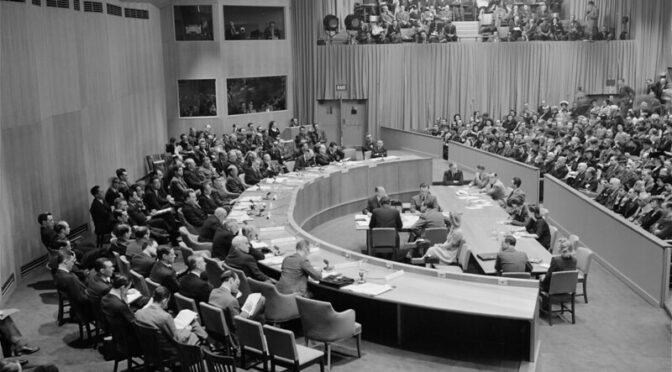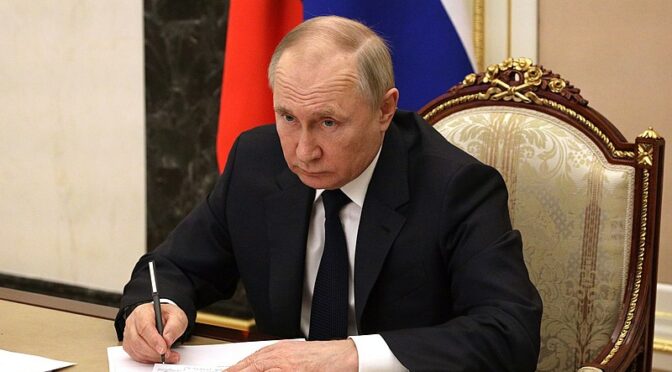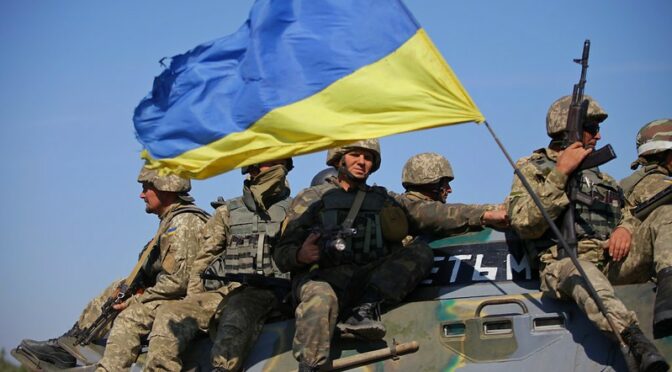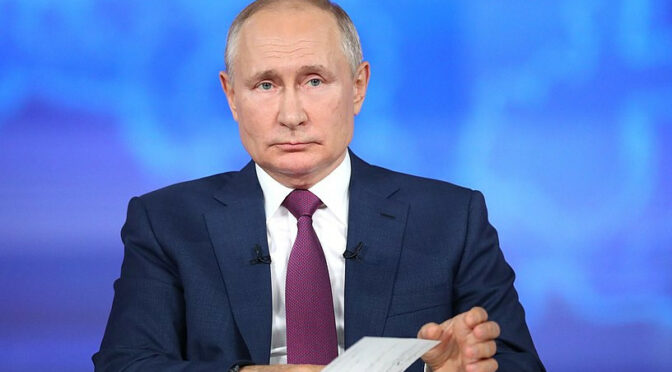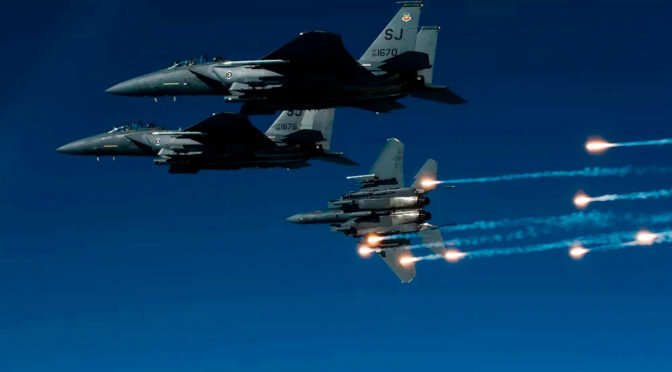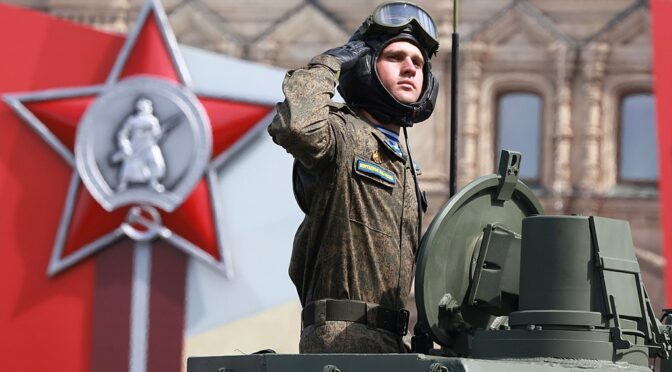Article published in The Sunday Telegraph, 1 April 2023. © Richard Kemp
Last June – on the day the UN gave a Ukrainian civilian casualty count of 9,931 so far in Russia’s war – I sat at the UN Human Rights Council as the Russian ambassador excoriated Israel over its latest defensive operations in Gaza. Such unjust condemnation of Israel is common fare at the Human Rights Council and we are all used to the Kremlin’s hypocrisy, but how could the Russian Federation use the council as an international platform for its anti-Western bile, despite being suspended in April last year?
In the parody of international order that is the UN, that is no more surprising than Russia’s assumption yesterday of chair of the Security Council, despite its president being indicted for war crimes. It epitomises the failure of the UN, formed to bring world powers together to maintain international peace and security. There have been more wars in the 78 years since its founding than in the equivalent period beforehand. The Security Council has failed to put any kind of brake on nuclear proliferation, with Russia’s accomplice Iran now on the cusp of becoming a nuclear state. Its impact on the war in Ukraine, the most deadly in Europe since 1945, has been zero.
The danger of the Russian Security Council presidency is more in optics than reality. Foreign Minister Lavrov can use his temporary platform to grandstand, but the inbuilt impotence of the Security Council means he can do nothing to advance Russia’s cause. With the exception of China, the other permanent members are likely to show their contempt by downgrading diplomatic representation while Russia is in the chair. Lavrov’s lack of authority in the council reflects his country’s marginalisation. The successor to a superpower – albeit a malign one – is no longer even a great power.
Its economy is flatlining and its leader, through incompetence, is systematically dismantling an army that was once so powerful that half a million US troops were permanently stationed in Europe to counter it. Russia’s demographic turmoil has long been a nightmare Continue reading

